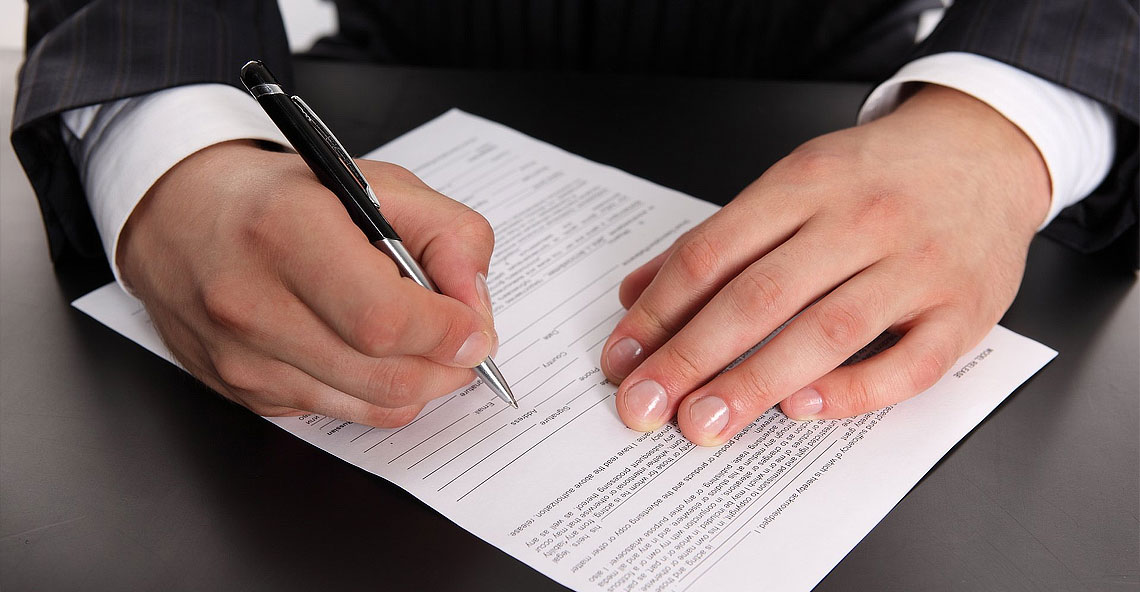Lawyer, graduated from the National University "Odesa Law Academy" with honors. Since 2017, I have been specializing in legal and educational and general legal issues. I am the author of legal articles, scientific publications and articles in the educational environment. Mentor of the "Veritas" legal clinic. The owner of the legal blog "Educational_law_ua" on Instagram.
The legal analysis of the documents and analysis of contracts suggests that the opening of an individual entrepreneur (FOP) is the initial step for many individuals who wish to develop their own business. This process may seem complex or confusing at first glance, but it can actually be quite simple and affordable. In this article, we will take a step-by-step look at the procedure for opening a sole proprietorship, including the necessary documentation, tax obligations, and other important aspects.
Step 1: Defining the field of activity
Before starting the process of opening a sole proprietorship, you need to determine the scope of your activity. This includes identifying the type of service or product you intend to provide or sell. It is important to do a market analysis and determine if there is a demand for your goods or services, as well as to assess the competition.
Step 2: Choosing a form of taxation
One of the first steps in opening a sole proprietorship is choosing a form of taxation. Many countries have different tax systems for FPOs, such as a simplified tax system, a flat tax or a normal tax system. The choice of a certain form of taxation depends on your income, type of activity and other factors.
Step 3: Registration with state registration authorities
After choosing the form of taxation, you must register your individual entrepreneur with the state registration authorities. This process may vary from country to country, but generally involves submitting an application and the necessary documents to the relevant authority. You may need a passport or other identification document for this.
Step 4: Obtaining a tax code and registering with the tax service
After registering your FOP with the relevant authorities, you need to obtain a tax code and register with the tax service. This will allow you to pay taxes and fulfill other tax obligations. When registering with the tax service, you may be offered a choice of tax form, so be prepared to answer the relevant questions. That is why in this area you may need the qualified help of a lawyer of YM "Consultant", who can carry out legal analysis of documents by a lawyer and a legal analysis of a contract, etc. and help in the FOP registration procedure itself.
Step 5: record keeping and reporting
Once you have opened a sole proprietorship and received the necessary registration documents, you will need to start keeping records of your activities and submitting reports to the relevant authorities. This includes keeping records of income and expenses, preparing financial statements and filing tax returns.
Step 6: Perform other necessary steps
In addition to the basic steps mentioned above, there may be other required actions, depending on the specifics of your business and local laws. For example, you may need permission to conduct a certain type of activity, rent premises or obtain other licenses or certificates.
Conclusion
Opening a sole proprietorship is an important step for those who want to start their own business. Although this process may seem complicated at first glance, it can be quite simple and affordable with the right approach.





























